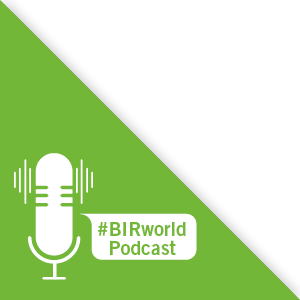While New Zealand is now technically free of COVID-19 and back to “normal”, this really means that the economy is functioning without social-distancing measures. Key drivers of the economy are tourism, international students and hospitality, and these sectors will continue to suffer in the short term.
While back in operation, industrial/manufacturing markets are by and large down in volume terms. Metal merchants are all but unanimous in their bearish sentiment, with reduced trading volumes and a general slowdown across the board. Coupled with this is the sentiment from both domestic and offshore consumers who, in a number of cases, are also experiencing a slowdown or are fairly full of material owing to the higher LME numbers which have released significantly more on to the market.
The underlying concern in New Zealand is that, when the government wage assistance packages run out in September, the real economy will be far more adversely affected as employers may then let workers go.
It has been announced that New Zealand’s Tiwai Point aluminium smelter will close in 2021, which will have a significant impact on this part of the country. Owned by Rio Tinto, the smelter consumes 12% of New Zealand’s electricity and so the share prices of all major power utilities have dropped considerably with this announcement.
The New Zealand general election is also to be held in September. There is a concern that, as political parties start thinking about the election, this focus may result in less attention on some of the real economic issues.

Paul Coyte
Hayes Metals (NZL), Vice-President of the BIR Non-Ferrous Metals Division
Country
 Australia
Australia
